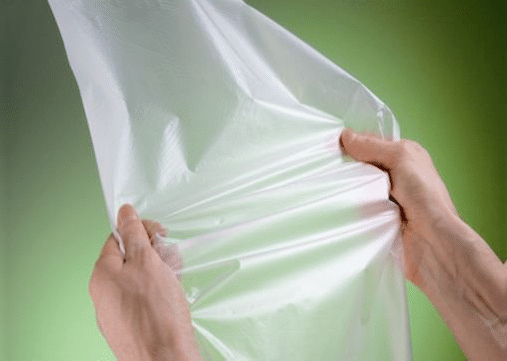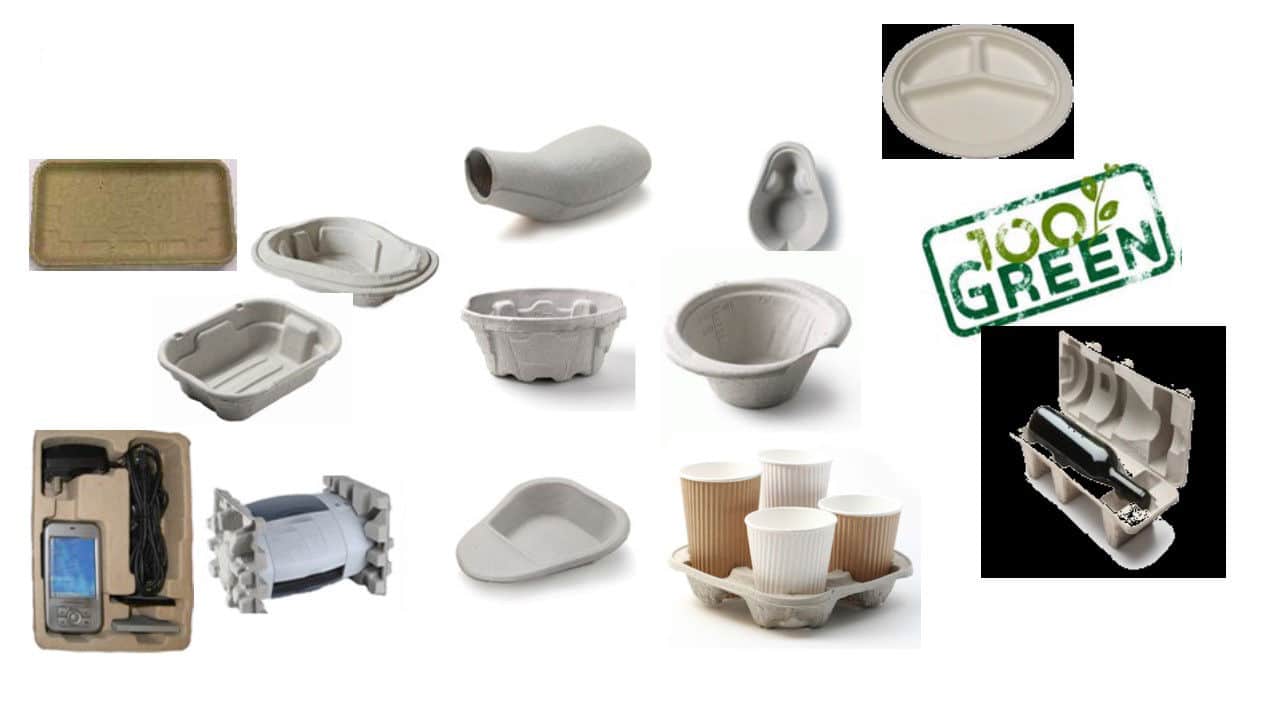Flexible solutions for organics recovery
As organics recovery becomes the norm, biodegradable plastics will have a key role to play in facilitating source separation.
With putrescible landfills becoming less acceptable, biodegradable plastics have a key role to play in ensuring organics are recycled.
The global leader in the production of biodegradable plastics is BASF, who supply both the Ecoflex and Ecovivo polymers. These polymers have been optimised to have the best possible physical properties, while maintaining true biodegradability.
In Australia, these polymers are supplied by DB Packaging, who also provide a range of low footprint, recycled and recyclable packaging.
In the lead up to AWRE 2016, DB Packaging offered five ways biodegradable plastics can help improve organics recovery:
1) Facilitating FOGO Services – For Local Government, the supply of high quality biodegradable plastics is an essential part of rolling out combined Food Organics and Garden Organics (FOGO) services, or the upgrade of kerbside a garden organics (GO) service to FOGO.
2) Onsite Organics Separation – For Facilities Managers, biodegradable bags and liners can be used to ensure that organics bins remain sanitary. They can also be used in conjunction with onsite composting equipment.
3) To Assist Behaviour Change – For Sustainability Officers, looking to implement a dedicated organics recovery stream, the use of biodegradable liners can remove the “yuck” factor, ensuring the rollout is easy, clean and convenient for participants.
4) In Green Procurement – For Procurement Managers, looking to improve the recyclability of a product packaging, the use of biodegradable packing can both simplify recycling and ensure that if the material ends up as litter, it will not be harmful.
5) For Recycling Champions – For Household Recycling Champions, the use of biodegradable plastics can make home composting easier, cleaner and more convenient.
“True biodegradable plastics should not be confused with degradable polymers. These plastics are organics and break down the same manners as food,” said David Beaver, Director at DB Packaging in Australia.
“Modern packaging is sustainable packaging – with integration into the recycling system a part of the packaging’s design. We aim to be at the forefront of this new industry.”
To learn more about biodegradable polymers or sustainable packaging, visit DB Packaging at AWRE 2018. Alternatively, contact David Beaver at [email protected]
-
Subscribe to the latest industry news, insights and AWRE updates.
- Subscribe



